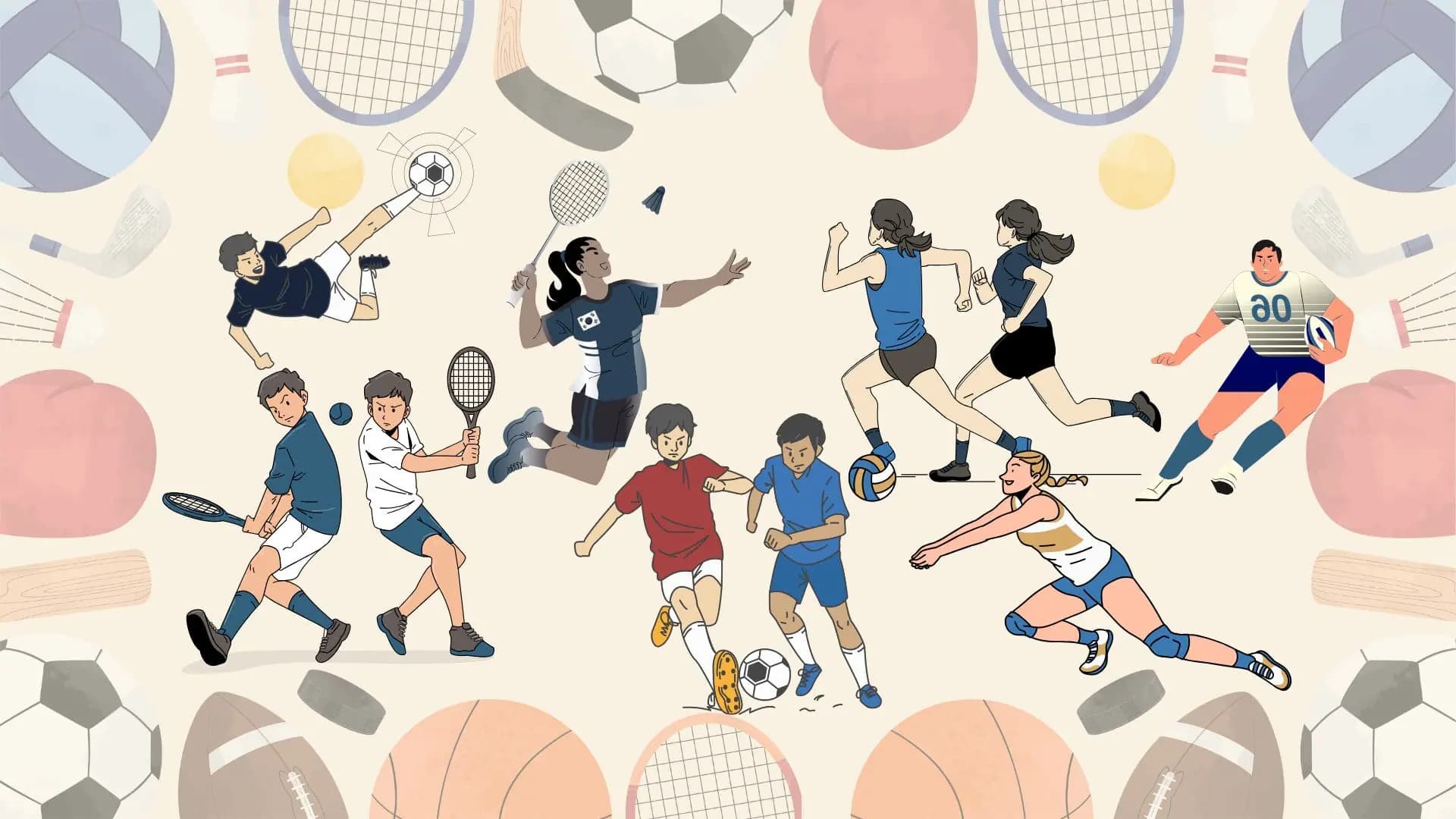Introduction
Student-athletes face a unique set of challenges as they work to excel both in the classroom and in their sport. Balancing rigorous academic requirements with demanding practice schedules, competitions, and travel requires exceptional time management, discipline, and support. This guide shares strategies from successful student-athletes who have mastered this delicate balance.
The dual commitment to academics and athletics can be overwhelming at times, but it also develops valuable life skills: time management, resilience, teamwork, and the ability to perform under pressure. These skills serve student-athletes well beyond their school years, preparing them for success in college and careers.
Mastering Time Management
Effective time management is the cornerstone of success for student-athletes. Start by creating a detailed schedule that includes classes, study time, practices, games, and adequate rest. Use digital tools like Google Calendar or planning apps to keep track of all your commitments.
Prioritize your tasks using the Eisenhower Matrix: urgent and important tasks come first, followed by important but not urgent tasks. Learn to say no to activities that don't align with your academic or athletic goals.
Make use of small pockets of time throughout the day. Study during bus rides to away games, review notes between classes, or complete easier assignments during warm-up or cool-down periods. These small study sessions add up significantly over time.
"Success as a student-athlete isn't about perfection – it's about dedication, balance, and never giving up on either your academic or athletic dreams."
— Coach Mike Krzyzewski, Former Duke Basketball Coach
Academic Excellence
Maintaining strong grades while competing in sports requires strategic approaches to learning. Communicate with your teachers about your athletic schedule and any conflicts that may arise. Most teachers are supportive when you're proactive and responsible.
Develop efficient study habits. Focus on understanding concepts deeply rather than memorizing facts. Use active learning techniques like teaching concepts to others, creating practice problems, or making visual aids. These methods help you learn more in less time.
Consider taking advantage of tutoring services, study groups, and office hours. Don't wait until you're struggling to seek help – proactive learning support can help you stay on top of coursework despite a busy schedule.
Rest and Recovery
Many student-athletes overlook the importance of adequate rest and recovery, but these are essential for both academic and athletic performance. Aim for 8-9 hours of sleep per night, and don't sacrifice sleep for extra study time or training.
Take care of your physical health through proper nutrition, hydration, and injury prevention. A healthy body supports a healthy mind, and you can't perform your best academically if you're dealing with injuries or exhaustion.
Schedule downtime into your week. Whether it's spending time with friends, enjoying a hobby, or simply relaxing, these breaks are crucial for preventing burnout and maintaining mental health.
Preparing for College Recruitment
If you're hoping to compete at the collegiate level, start the recruitment process early. Create a highlight reel showcasing your athletic skills and achievements. Research schools that match both your academic interests and athletic abilities.
Reach out to coaches with personalized emails expressing genuine interest in their programs. Include your highlight video, academic statistics, and athletic achievements. Be professional and persistent in your communication.
Understand that academic eligibility is crucial for college athletics. Meet with your guidance counselor regularly to ensure you're on track with NCAA or NAIA requirements. Strong academics can make you more attractive to college coaches and open doors to more opportunities.
Thriving as a Student-Athlete
Being a student-athlete is demanding, but it's also incredibly rewarding. The discipline, resilience, and time management skills you develop will serve you throughout your life. Remember that both your academic and athletic pursuits are important – one shouldn't consistently come at the expense of the other.
Seek support from coaches, teachers, family, and fellow student-athletes when you need it. You don't have to balance everything perfectly all the time. What matters is that you stay committed to both your education and your sport, learn from your experiences, and keep moving forward.
Your journey as a student-athlete is unique. Embrace the challenges, celebrate your achievements, and remember that you're developing skills and character that will benefit you far beyond the playing field and classroom.



